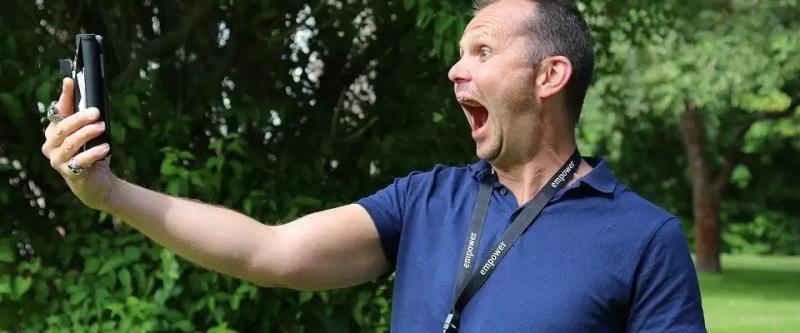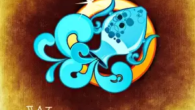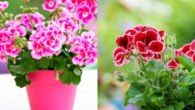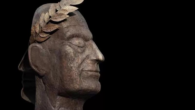
Bioenergy experts talk about the negative and positive sides of selfies
0
The love for taking your own pictures has long gained momentum. And that's why we asked experts in the field of bioenergetics to talk about one of the main trends in the modern world – the obsession with selfies.
Selfies have conquered the world. Now, for the sake of a good picture, they can even risk their lives. And all for what? Selfies are what we want to see ourselves as. And “likes and followers” are a kind of reward, a virtual confirmation of our beauty, uniqueness and success. Not only ordinary people, but also many bioenergetics have become interested in this type of photography. We decided to find out what a selfie is – a serious obsession, narcissism or a means of self-realization – and how such a hobby can affect our energy?
Opinion of bioenergetics
According to experts, the purpose of most selfies is to attract attention and create a certain image that has nothing to do with reality. Someone posts photos in order to increase self-esteem. Some in this way rebel against the stereotypes of society. Others maintain accounts for the purpose of self-expression. But with a high degree of probability it can be said that approval and encouragement in the form of likes is a strong drug that makes you feel needed and important. True, a “dose” of approval brings only temporary pleasure, and then the need for attention from others follows again.
According to bioenergetics, selfies in moderation are not an obsession, but if it becomes a habit, then problems begin. People who are too fond of this way of self-expression can be diagnosed with signs of incipient depression.
Negative aspects
The love of one's own pictures is considered a delusion of grandeur. People fight for attention, feel like the main characters. This hobby is destructive. Studies have shown that selfie fans often become energy donors for hundreds of people. A public person cannot always replenish their mental strength on their own. Because of this, they may constantly experience stressful situations, depression, and chronic fatigue. Publicity does not allow you to level out your energy level, which leads to even greater dependence on social encouragement.
Self-admiration has a negative impact on personal life, family relationships, child rearing, and the atmosphere in the team, and sometimes even causes attacks of aggression. The real image differs from the virtual one, which is why a person considers himself less attractive in reality or, conversely, more beautiful, the degree of warmth decreases, and he distances himself from others.
Positive aspects
Fortunately, everything is not so sad, and in skillful hands a selfie can become an excellent tool for self-development. Such photos can help you understand yourself, discover new abilities and qualities, reveal your creative potential, and also allow you to express yourself and gain popularity.
Selfies don't always advertise a person. They can sell a startup, demonstrate new ideas, set trends, and have creative value. Especially if a person does it not for the sake of vanity and satisfying their whims, but for the sake of art and self-expression.
Also, selfies can have a positive effect on energy, increase self-confidence. In modest quantities, praise is useful, because even a little faith in yourself can help you tune in to a positive mood, find inner harmony, and stabilize your self-esteem.
To sum up, we can say that selfies often act as chroniclers. They show the history of changes and personal development, remind us of who we were in the past, and help us avoid mistakes.
Don't underestimate selfies. It's important to be aware of your own actions, especially when you take photos of yourself for a long time and post them online. Remember that the photo reflects not only you, but also your energy. Therefore, try not to take pictures just like that, out of boredom. And be extremely careful when posting on social networks.









Leave a Reply